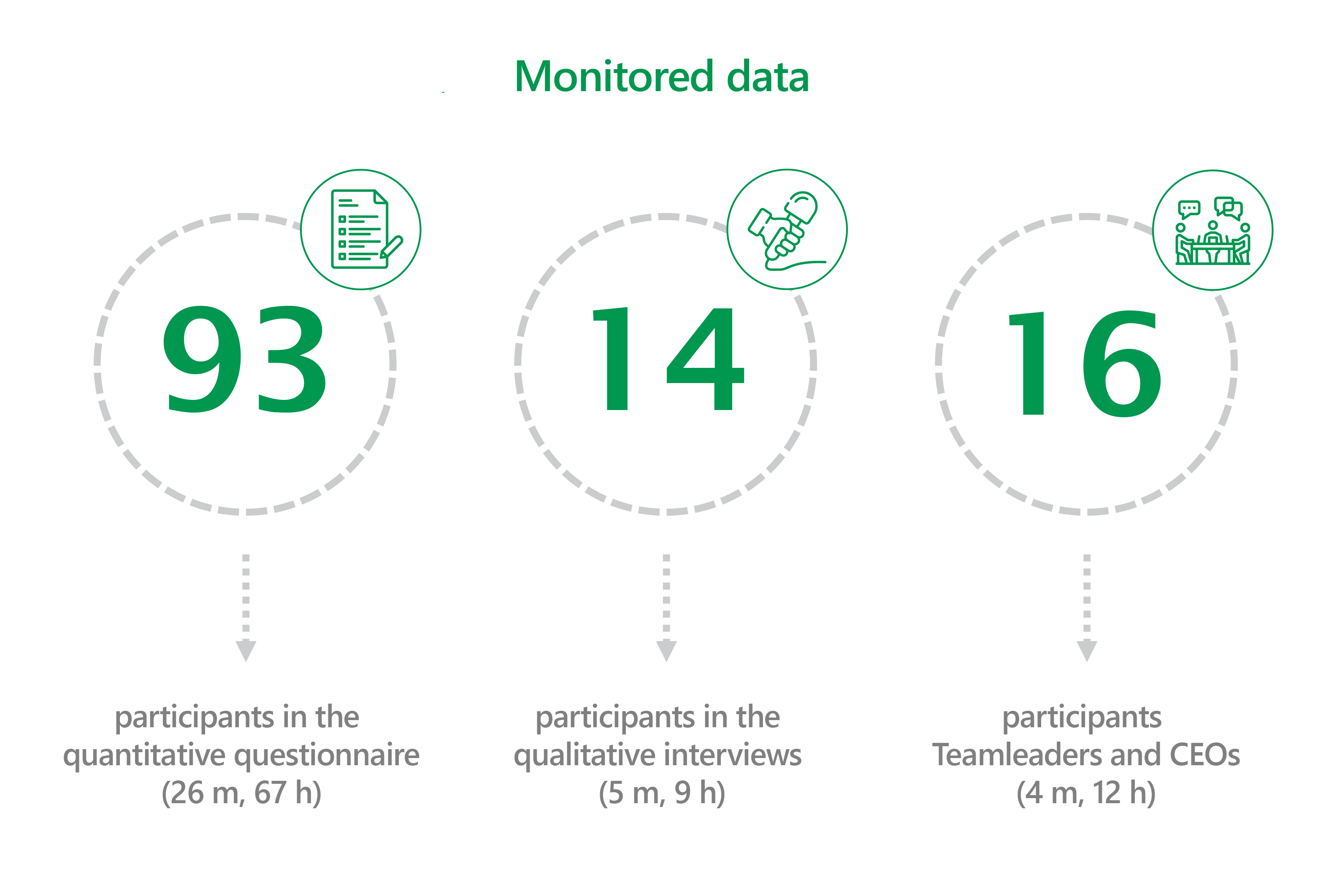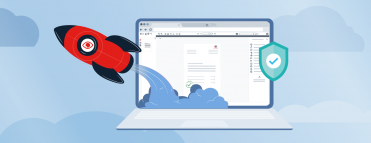In September 2021, CIB introduced the 4-day week with a flexible home office model for all employees. As a pioneer in Germany, the impact of this working time model on the company is being scientifically monitored by Munich University of Applied Sciences.
At the same time, the Ludwig-Maximilians-Universität München (LMU) conducted another study focusing on "Strengthening collaboration despite permanent work from home" by students, accompanied by Prof. Sarah Diefenbach and her colleague Klara Schuster, as part of a teaching practice project of the Chair of Business and Organizational Psychology. The results were presented last week.
The aim of this study was not only to quantify the effects of working from home with a 4-day week, but also to understand how this change affects collaboration and employee satisfaction.
Naturally, CIB was happy to undergo this scientific investigation. This is in line with our constant efforts to scrutinize and improve ourselves. We not only wanted to know what we do well, but also what we can do even better to ensure the well-being of our employees!
About the study

Flexibility and more freedom

Another important aspect of the study was the impact on cooperation.

No difference in productivity between remote working and working in the office

Findings summarized
- No productivity differences between remote and office
- Well-being and work-life balance good in the office, even better when working from home!
- The focus should remain on individual flexibility with regard to the workplace
- Identification with CIB and intention to stay remain strong
- Team dynamics remain strong even in a virtual setting

Negative effects to be resolved

Conclusion: The CIB model with flexible remote work is a complete success!
Further scientific support for the CIB #4DayWeek
Good home office equipment is important! We can help
CIB supports its employees in equipping their home office! Contact your CIB administration with your inquiries.
Let’s CIB!






